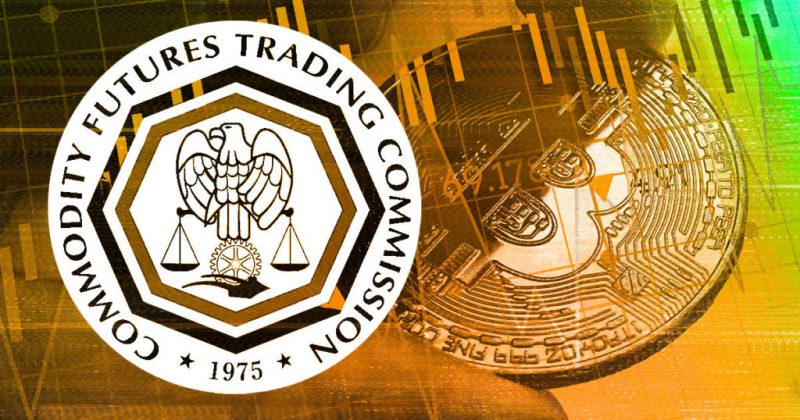The expansion of the crypto industry has been far-reaching and fast. With the growth comes the eyes of regulatory bodies and agencies. Currently, we have two American watchdogs, the SEC (Securities and Exchange Commission) and the CFTC (Commodity Futures and Trading Commission), eyeing the scene closely. Nonetheless, there has been confusion on which body will oversee the emerging asset class.
Recently CFTC Chairman, Rostin Behnam, was the keynote speaker at the Brookings Institution Webcast. The topic was “The Future of Crypto Regulation.” Behnam began his speech by remarking on how in 1984, astrophysicist Dr. Jeremiah P. Ostriker said that a majority of the universe was not detectable but consisted of “dark matter.” Behnam then compared the dark matter to digital assets.
He stated,
“While it is compelling to get into a discussion about the similarities between dark matter and digital assets—and indeed, at least one author has done so with respect to Bitcoin, for me, the fact that I cannot actually see either is about as far down that rabbit hole as I want to go today.”
Behnam remarks that the crypto industry has evolved in ways they did not anticipate. Furthermore, he adds that their regulatory approach has not adapted to this change.
The CFTC chairman admits that crypto assets are slowly “becoming a part of mainstream American portfolios.” He mentions that one in five adults have invested in or used cryptocurrencies. However, he says that
“This market has developed in the absence of a firmly demarcated regulatory perimeter.”
Who regulates the crypto markets?
An important point mentioned is that, in the US, digital assets or crypto do not fall under one single comprehensive regulatory regime. He stated,
“Financial supervision in the U.S. often relies on the development of cooperative arrangements between regulators”
This aligns with what Gary Gensler recently said about having one rule book for the agencies. Gensler serves as the current chair for the SEC. The SEC and The CFTC have been at odds regarding the definition of specific crypto assets. Whether the assets are security or a commodity has long been debated. Nonetheless, Gensler has often said that crypto tokens come under securities rules. But he did say that Bitcoin and maybe Ethereum could be exempted from the securities definition.
Additionally, regarding the CFTC’s responsibilities, Behnam said,
“The CFTC’s core responsibility is regulating the commodity derivatives markets. Our focus is on how individuals and market participants use the derivatives markets as a means for managing and assuming price risks and exposures, discovering prices, and disseminating prices through trading in liquid, fair, and financially secure trading facilities.”
Benham said that the CFTC was modifying its LabCFTC project as part of the endeavor to regulate the cryptocurrency markets. According to Benham, a technology-neutral regulatory strategy is necessary.





